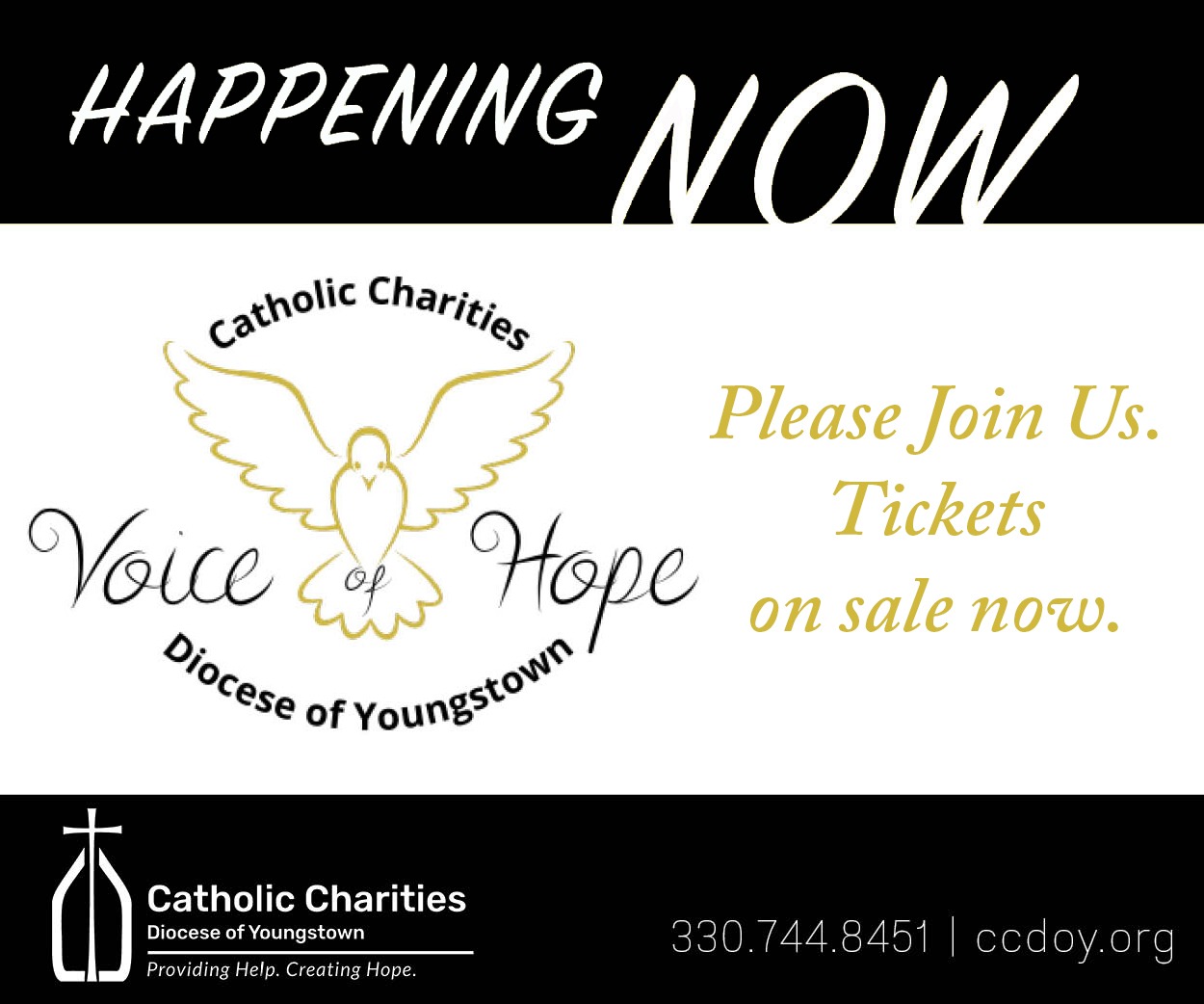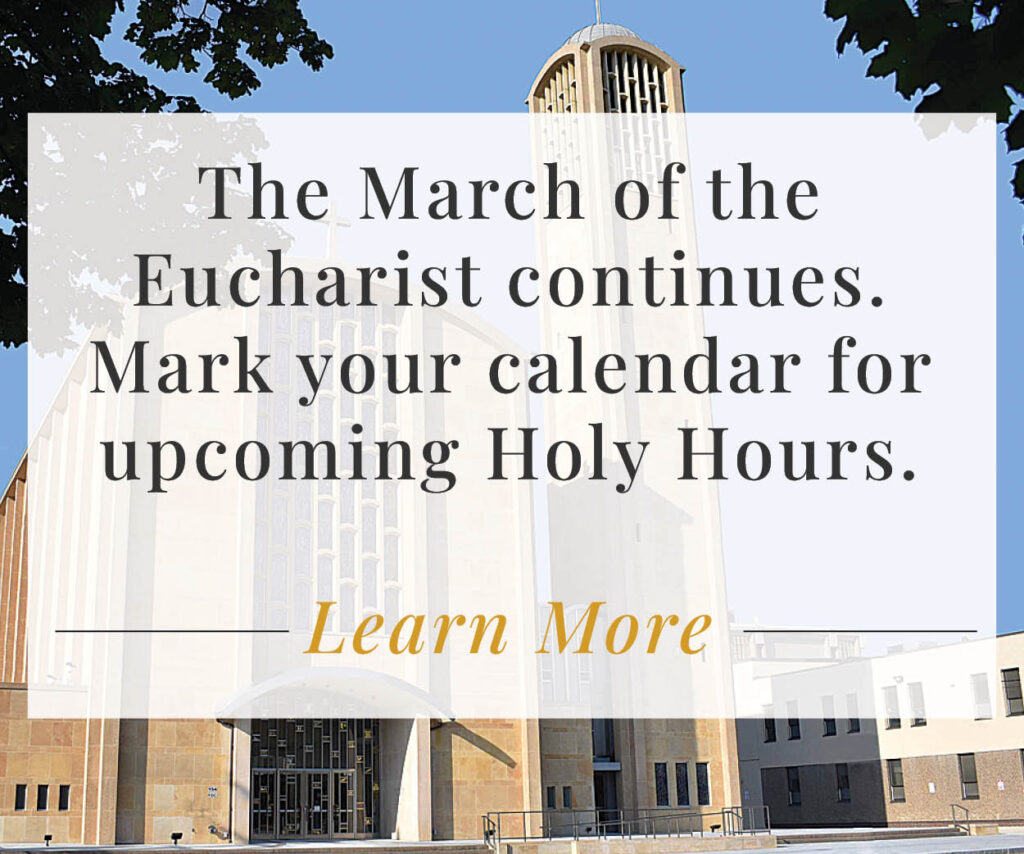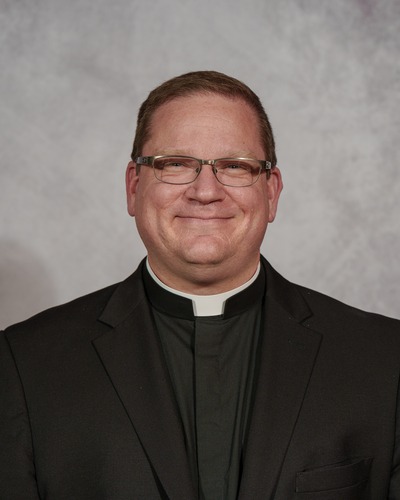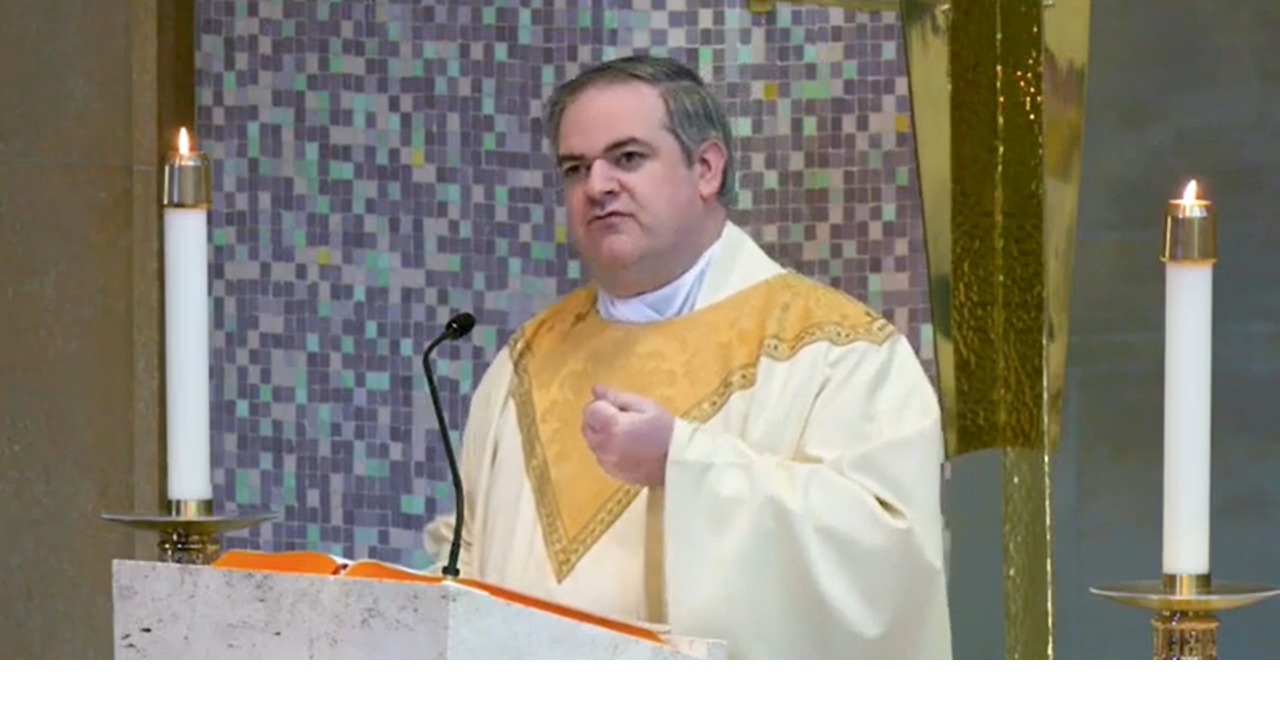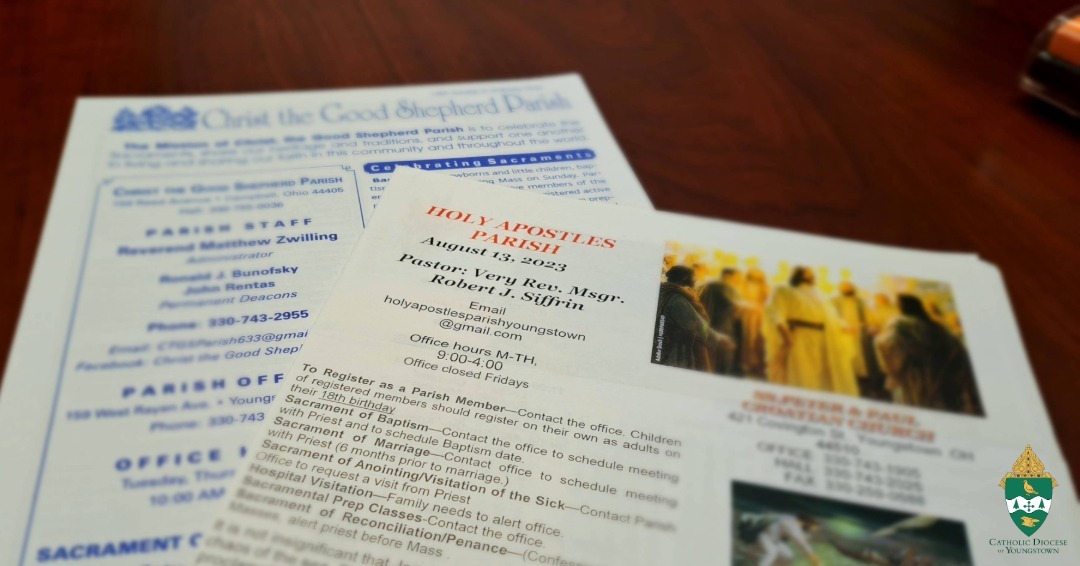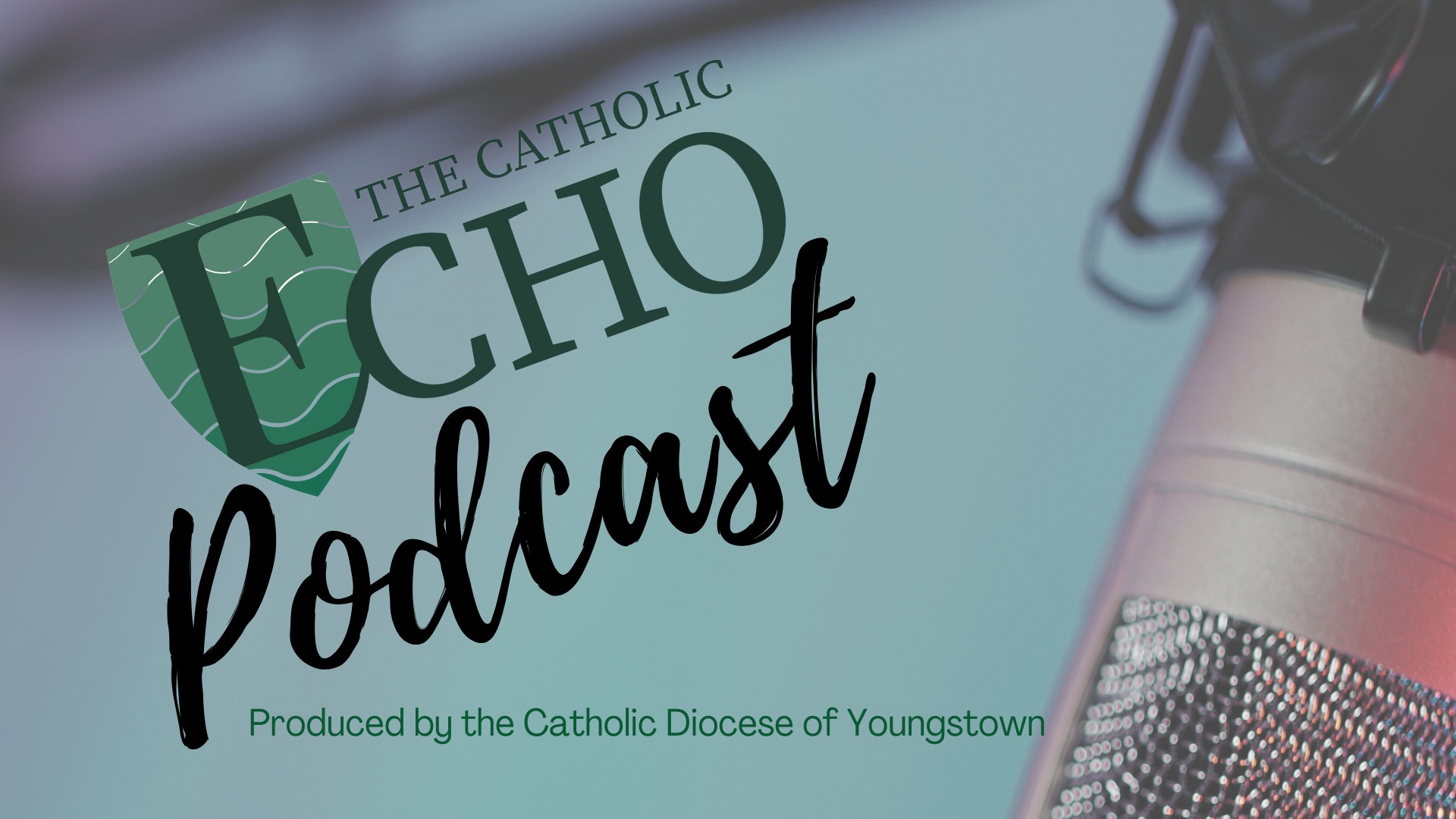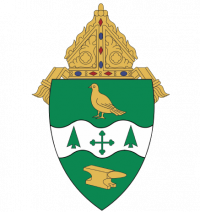
Pete Sheehan, former General Manager at the Catholic Echo‘s predecessor, The Catholic Exponent, has received a first place award from the Catholic Media Association. Pete earned this award in the Newspaper Division for “Best Regular Column—Pro Life Issues,” recognizing his editor’s column published in The Catholic Exponent titled “Considering the past and future on the 49th anniversary of Roe v. Wade.”
You will find Pete’s award-winning column below.
We’re so proud of Pete, who is now a valued member of our Catholic Echo team. If you wish to congratulate him, please send him an email.
Considering past and future on the 49th anniversary of Roe v. Wade
By Pete Sheehan, Originally published in The Catholic Exponent
Recently I saw a Facebook advertising meme from the ACLU warning its supporters: “This could be the last anniversary of Roe v. Wade,” the 1973 U.S. Supreme Court ruling which mandated that abortion be legal in all states.
Though I’m tempted to say – “Let’s hope so” – as we approach the 49th anniversary of that fateful ruling, I suspect that the answer to the question won’t be that simple.
Personally and as a journalist, I have followed the news about that decision and its aftermath since Jan. 22, 1973, when a religion teacher at my high school made a point of telling our class about the ruling. We felt blindsided.
With Roe, the number of legal abortions exploded, skyrocketing to more than a million annually in a few years. Many political leaders, including some Catholics who had previously spoken out against legal abortion, quickly embraced the “I’m personally opposed to abortion but …” position – refusing to even consider the possibility that human life is at stake.
There was already a right-to-life or anti-abortion movement that had risen up against efforts at the state levels to make abortion legal. Those efforts advanced in some states, such as Colorado, California and New York, but in other states, advocates for the unborn prevailed.
A mere three months before Roe, abortion supporters had succeeded in putting before voters referendums on allowing abortion. Voters rejected both.
The cataclysmic shift brought on by Roe, however, presumed to settle the issue once and for all. Still, the right-to-life movement stepped up.
Less than a year after Roe, as an editor of my high school newspaper, I attended a press conference with Dr. Jack Wilke and his wife, Barbara, a nursing instructor – both leading figures in right-to-life circles. Dr. Wilke would go on to serve as longtime president of the National Right to Life Committee. Though already inclined to oppose abortion as the taking of human life, I was impressed by the Wilkes’ cogent case based on reason and medical evidence without relying on religious arguments.
One aspect of the movement that always struck me was that it was a genuinely lay movement. Though the U.S. bishops had done much to prepare Catholics to confront this issue, it was lay people who picked up the ball and ran with it.
The March for Life was organized by lay people. While living and working on Long Island, I knew one of the couples on the de facto committee who initiated the first march. They talked about how, on that cold, Jan. 22, 1974, day they had no idea how many people would show up. The response was beyond what they expected and it created momentum for the largest, longest-running continuous public demonstration.
Of course, standing up against a Supreme Court decision is a daunting task and many – even some who were sympathetic – dismissed the movement as hopeless or dead, having accomplished nothing.
Yet, despite a long and often frustrating struggle – with its share of missteps and setbacks and some extremists who turned off potential allies – the movement did so much that was right, including thwarting what was regarded as the inevitable public acceptance of abortion. It did so not only by smaller scale public demonstrations and various educational efforts, but also by legislative initiatives. These brought out the increasing opposition to the public funding of abortion and resulted in the passage of a law against partial-birth abortion and other more moderate restrictions.
Other successes include organizations such as Birthright and various crisis pregnancy centers, which offer real assistance to women struggling with the agonizing dilemma of unplanned pregnancy. They’ve all helped save lives and change hearts. The U.S. bishops’ launch of “Walking with Moms” in need offers further hope.
The fact that in recent decades the number of abortions – though still way too high – has declined, speaks volumes.
We still don’t know what the Supreme Court will decide. At best, I suspect, the ruling will end the absolute presumption that legal abortion has enjoyed since 1973, and allow the larger public to try to move toward a more democratic consideration of this complex and polarizing issue. That means the conflict will become more political and perhaps even more divisive. So it will challenge Catholics and others of good will to be more involved, better informed, more prayerful and – most of all – more loving in helping the country begin to find a better way and changing hearts.
So, God willing, future anniversaries of Roe v. Wade will be more about life and hope.


